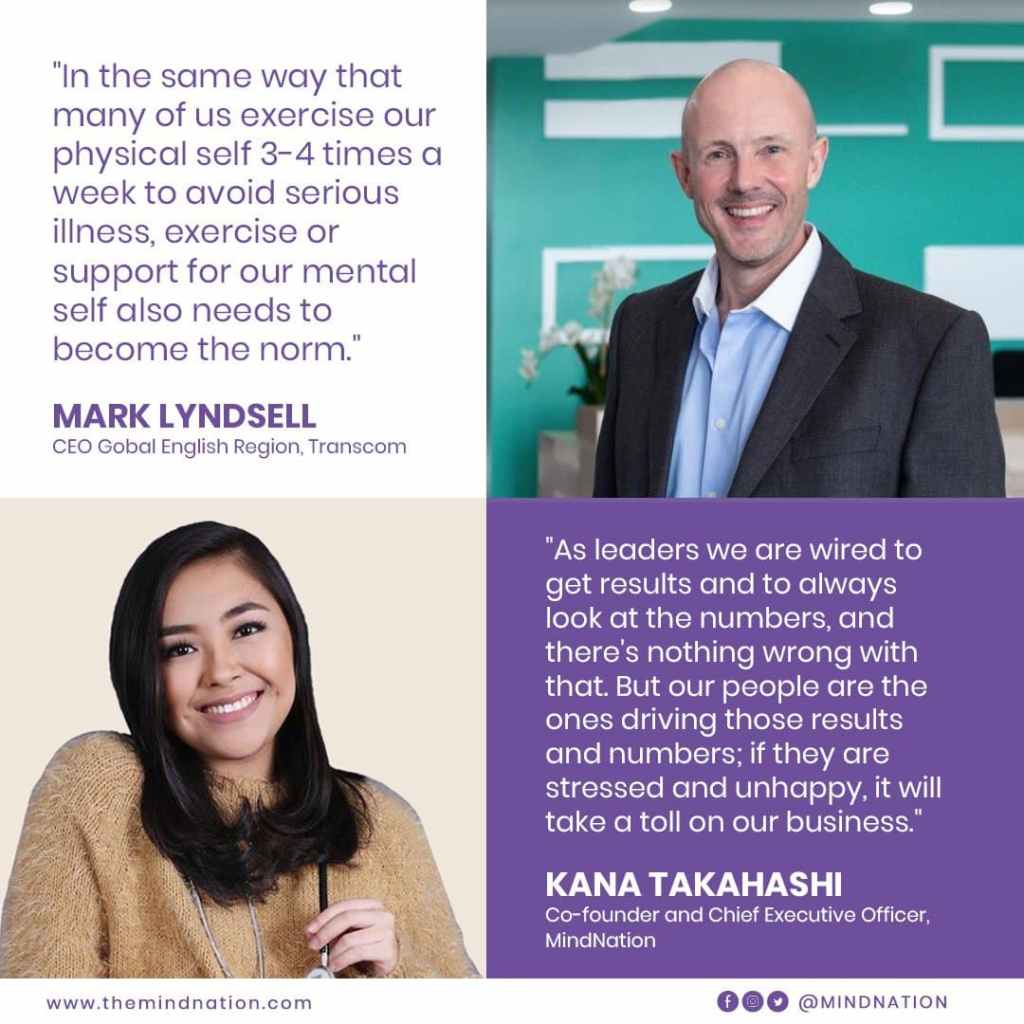Is your team struggling with financial anxiety? The MindNation CareNow© Plan includes 24/7 teletherapy sessions with psychologists and WellBeing Coaches to help ease their stress and worries. Partner with MindNation to build happier, healthier, and more productive teams. Visit www.mindnation.com or email [email protected] now.
When it comes to financial well-being, there is no better time to build good habits than today. With your guidance and help from MindNation WellBeing Coaches, your employees can commit to their money goals, budget better, and be happier, healthier, and more productive. Below are some healthy money habits they can start practicing:
- Track their finances regularly. Every month or every payday, remind your team to sit down and go over their cash flow. How much income came in and what are their expected expenses? Of the amount that they are able to save, how much will be allocated to the different funds?
“People tend to just go with the flow — ‘Oh, my expenses this month are high so I need to remember to spend less next month’ or ‘Wow, I was able to save a lot this month, I can spend more next month!’” explains financial coach Yani Moya. Yani is also the founder of Peridot Consulting, a financial consulting firm . “But this is a bad habit because money ends up controlling them, which can cause stress; a good habit is one where you control money.”
- Save before spending. “When people receive their salary, they spend it first on their needs and wants, and whatever is leftover is what they consider to be their savings,” Yani reveals. “But income is not the capacity to spend. So set aside money for savings first, then budget whatever is left for their different expenses,” she adds.
- Set boundaries when giving money to family. It has become part of Filipino culture for an adult child to give a portion of their earnings to their parents as a way of repaying the years spent raising them. “There is nothing wrong with this if they are giving the money whole-heartedly,” Yani clairfies. “But if they are doing it because they feel obligated, this will lead to poor mental health. So remind them that if they must give, give only what they can.”
Unpaid bills or outstanding loans are forms of negative money energy that contribute to stress, anxiety, and poor productivity.
Yani Moya, Personal Finance Coach
- Clear up negative money energy. Unpaid bills or outstanding loans are forms of negative money energy that contribute to stress, anxiety, and poor productivity. The only way to clear up negative money energy is to start paying them off, so help your employees make a plan to achieve this. “For example, this month’s focus will be on finishing off the remaining balance on Credit Card X; next month’s goal is to settle the loan they took out from Person A,” Yani explains.
- Give back. If there is negative money energy, there is also good money energy. And when you give out good energy in the form of tithing and sharing, it will be returned to you, if not in the form of money then in terms of better opportunities, relationships, and even well-being.
“So just as much as your team member has to allocate money for their wants, they also need to build the habit of setting up a giving fund,” Yani advises. “The amount does not have to be big, it can be whatever they are comfortable with giving.”
By practicing these good money habits, your team will develop the skills and confidence needed to handle anything that comes to money. “How we are in one thing is how we are in everything,” Yani points out. “So if we want mental clarity, emotional peace, and good relationships, fixing your finances can be a big help.”



















